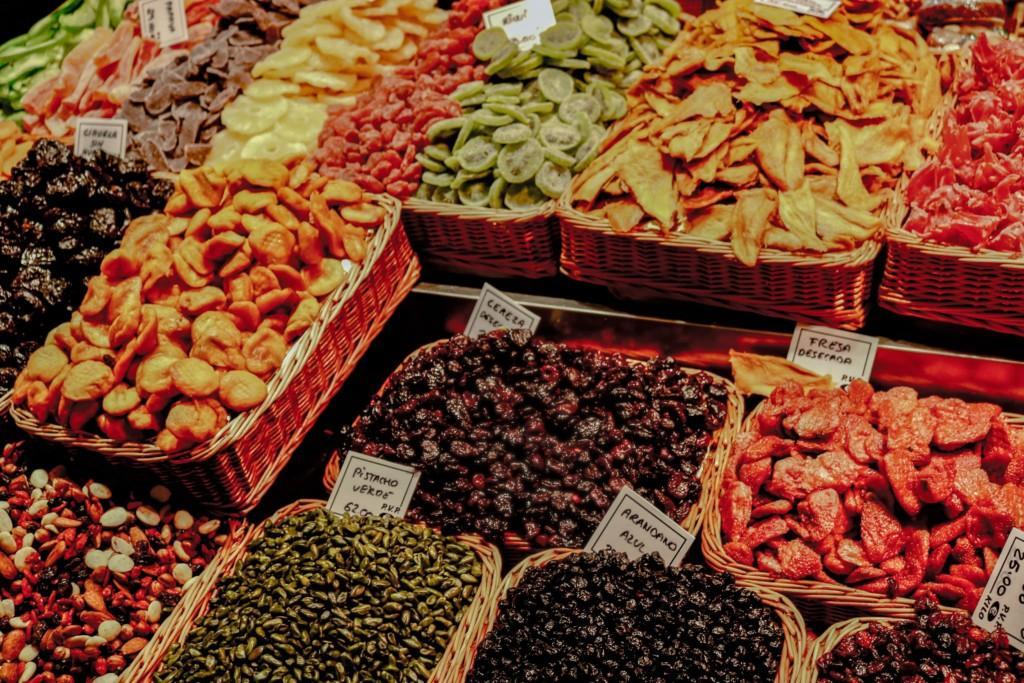5.2 Barcelona Green Shops
The Barcelona Green Shops project aims to promote green and sustainable consumption by rewarding contributions to a community of local and environmentally conscious shops. The project builds off an already established social currency in Barcelona, REC, and its use in Green Shops, a network of local shops committed to reducing waste and promoting local, sustainable products.

How is this anti-rival?
This case takes an anti-rival approach by building a community of Green Shop Clients that generates many positive externalities. The more support for Green Shops, the more benefits for the local communities. These benefits include better societal and financial inclusion and also climate benefits. The benefits require the participation of local stakeholders such as shop owners, local producers, consumers, and neighborhood associations.
A token system coordinates the stakeholder’s actions toward anti-rival actions. Similar to the previous case, tokens are a record of a contribution made by a community member.
Acknowledgment tokens are given to shop owners. They highlight the contributions and engagement of the shop owners and represent a recognizable reputation among different local communities.
Impact tokens are given to shoppers. They motivate consumers to make sustainable Green Shop purchases. The tokens are awarded through collectively governed rules encoded to the project’s blockchain.
These tokens promote not only a stronger sense of community, but also encourage actions that strengthen the local economy and support environmentally sustainable habits.
Watch the video below to see more details. It elaborates on how the tokens help coordinate for anti-rival value. The video also shows how the project integrates to Barcelona’s already existing “REC” local currency.
